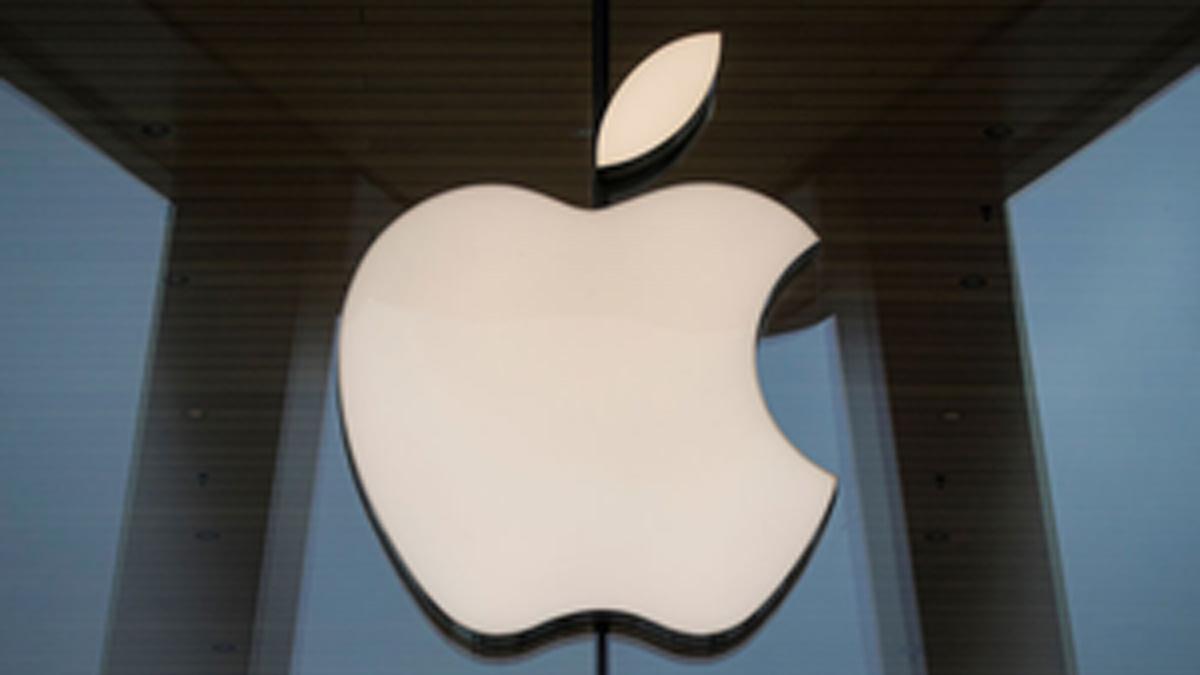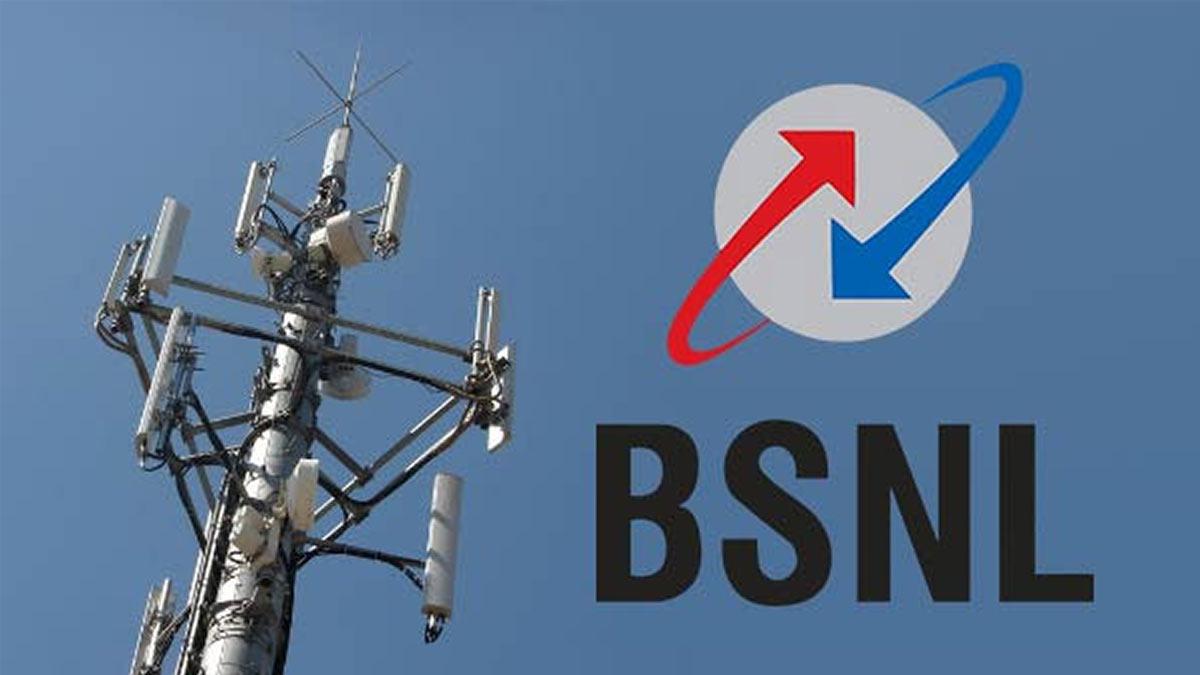Apple Inc. is said to be negotiating with Indian firms for locally sourcing the equipment and machinery needed to assemble iPhones, as there are mounting concerns over the delayed imports of critical machinery—most of which are currently imported from China.
The port delays are causing concerns over disruptions to production schedules.
As per a Business Standard report, a top government official of the Ministry of Electronics and Information Technology (MeitY) confirmed that Apple is proactively working to identify local companies that can supply the highly specialized equipment required for iPhone production. "This is part of Apple's overall attempt at localisation of its supply chain and minimisation of import dependence," the official was quoted as saying.
The move is viewed as a strategic push by Apple to broaden its manufacturing presence in India, particularly with two of its larger factories—Foxconn and Tata Electronics—scheduled to start new phases of iPhone manufacturing.
Challenges persist nonetheless. The new iPhone 17 series, comprising the cutting-edge Pro and Pro Max versions set to roll out across the world from September to October, will demand high-end machines and upgrades to current apparatus. These alterations take substantial lead time, and any delays may affect local distribution as well as exports.
Historically, Apple's contract manufacturers such as Foxconn purchase equipment from Apple- related subsidiaries. An example: Foxconn's Indian unit bought $33 million worth of machinery from Apple Operations Ltd in July 2023, as per a Taiwan regulatory filing.
India's domestic manufacturing ecosystem is already growing. The Tata Group—after acquiring Wistron and Pegatron's Indian operations—along with other collaborators, has invested over ₹20,000 crore in scaling up iPhone production, according to analyst estimates. Industry experts, however, sound a warning that Indian equipment suppliers will also need technical assistance from Apple or its international vendors to keep up with the brand's high quality standards.
If Apple goes ahead with plans to outsource a large proportion of iPhone manufacturing for international markets—entire U.S. demand included—to India, production value would rise from $22 billion in FY25 to roughly $40 billion within one or two years. Even with conservative estimates, considering imposed U.S. tariffs and partial localisation, India's iPhone manufacturing is estimated to jump to $30–32 billion by FY27.


















